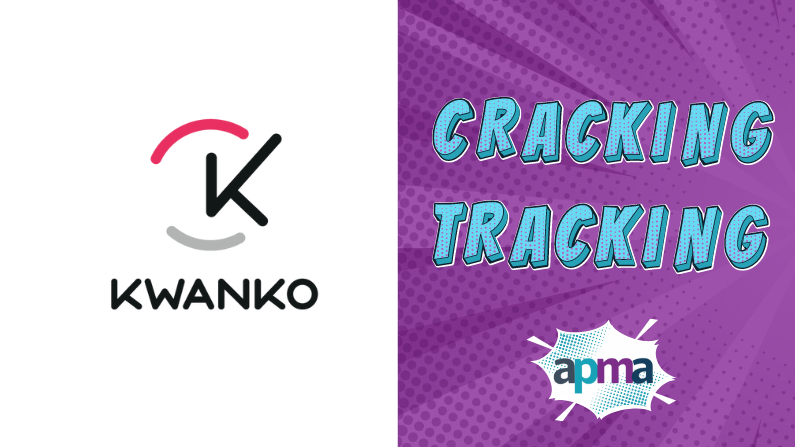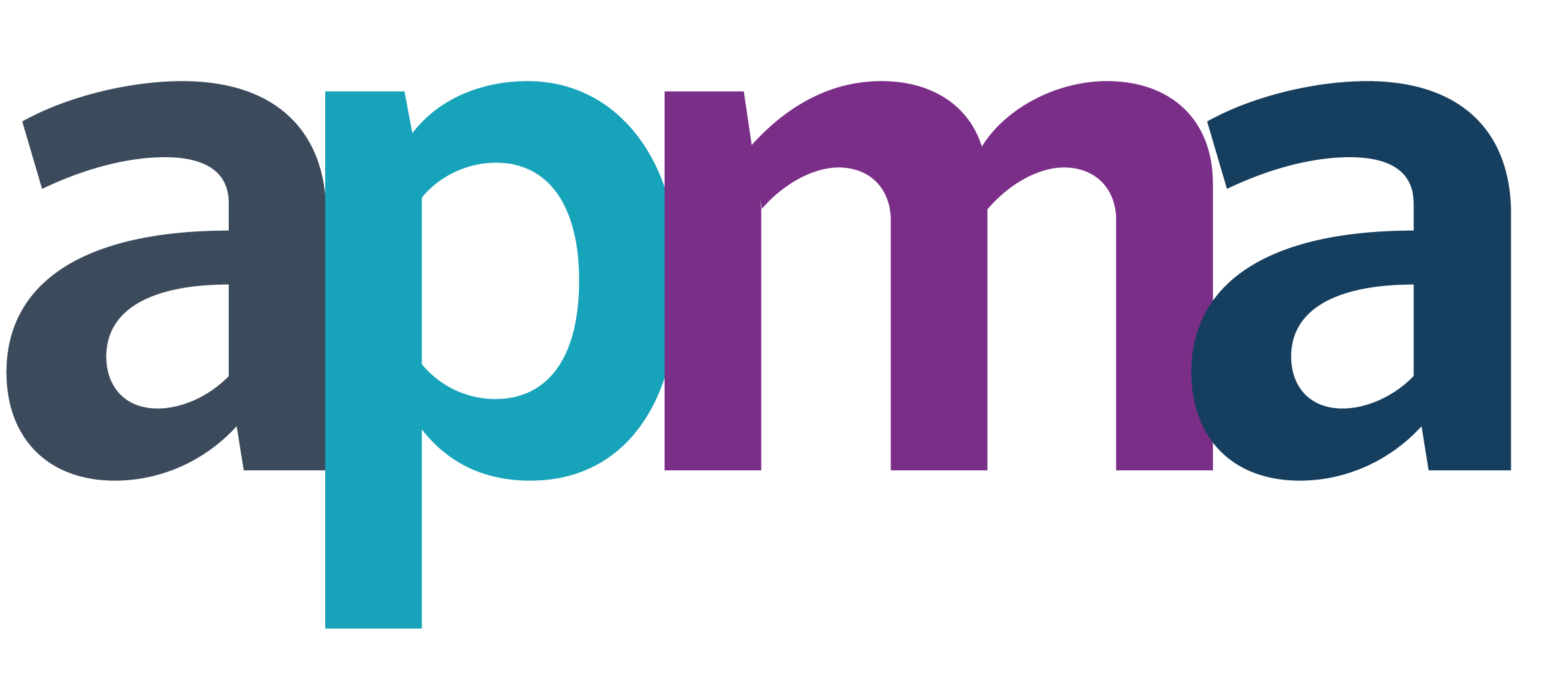
We spoke to Kwanko’s Urszula Leclerc, Head of Process and Business Support, for our Cracking Tracking: Network Q&A.
In one sentence, what makes your tracking so good?
We’ve been in the affiliate market for over 20 years now. Our tracking is always evolving, adapting to market changes. Our technology is fully GDPR compliant and perfectly suited for the cookieless future.
Now explain to me how it works as if I’m a five-year-old…
Picture yourself walking into a sweet shop to buy just one sweet. The owner tells you that sweet costs £1, but if you bring along a friend who also buys sweets here, you’ll get an extra sweet or even some extra cash. The more friends you bring, the more sweets or money you’ll get. However, to ensure you get the right amount, the shop owner will keep a record of your visits in a book, noting down everything: how many times you’ve been in, which of your friends made purchases, and for how much, and so on.
How are we going to get rid of third-party cookies from the affiliate channel once and for all?
For tracking conversions, we’ve got solutions in place, and most of our campaigns are compliant. We suggest either using a 1st party tracking method or a server-side method. However, the real challenge lies in handling the publisher’s side, particularly with partners like retargeting. There are different methods we can explore, such as 1st party data matching, alternative ID solutions, privacy sandbox, and so on.
What should best-in-class tracking do?
Its crucial function is to track accurately and reliably without any interruptions. The top-notch tracking system should consider all market developments and seamlessly adapt to these changes. We also need to ensure compliance to safeguard user privacy and data security.
Tell us some of the work you’re doing to push its adoption.
We’re constantly keeping an eye on market trends to make sure our tracking system stays up to par with all the requirements. We work closely with advertisers and publishers, advocating for top-tier solutions and optimisations. Our goal is to provide the most accurate tracking possible, tailored to today’s varied market demands, particularly when it comes to cookie challenges. On top of that, we prioritise offering tracking solutions that are simple to implement, which is why we’ve invested in incorporating e-commerce plugins.
App tracking tends to get overlooked. What are you doing to make sure it doesn’t?
Our publishing team is actively reaching out to publishers with apps and mobile tracking capabilities. We’re constantly updating our directories with this information. At the same time, our sales and account managers are ensuring that clients possess apps, enabling us to efficiently drive traffic and generate conversions for them. We’ve implemented dedicated solutions to track app conversions effectively.
There’s so much confusion about tracking because every network uses different terms. Is it essentially all the same?
Indeed, the terms used may vary by different networks but we all have essentially the same goal: provide our clients with the consistent tracking that adheres to the market regulations.
What does the future of affiliate tracking look like?
The affiliate tracking system needs to align with the evolving requirements of privacy and security, especially in a cookieless environment. The upcoming months bring forth substantial challenges for the affiliate industry. Moreover, with technology advancing swiftly, it’s imperative for us to adapt and provide easily integrable solutions for our clients. Affiliate tracking is by nature privacy friendly as what matters is the affiliate, not the individual, and we must remember that other actors are not working for us, even if they claim working for privacy sandboxing.
Thank you to Urszula, if you have any questions or would like to get in touch, please email her.


